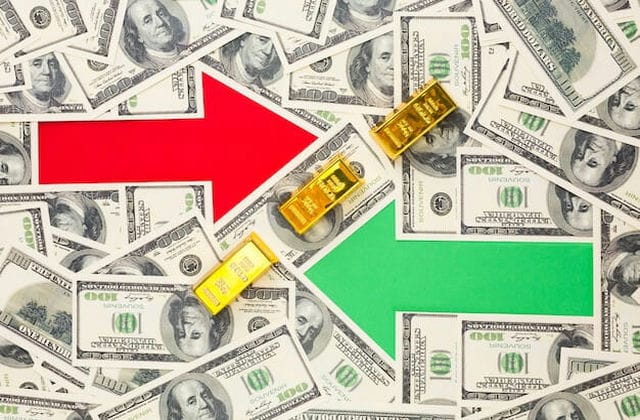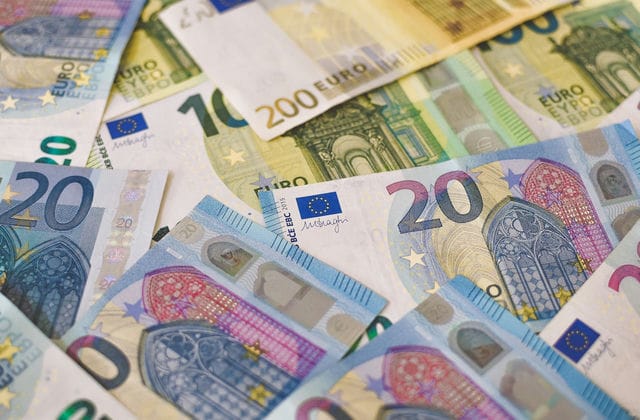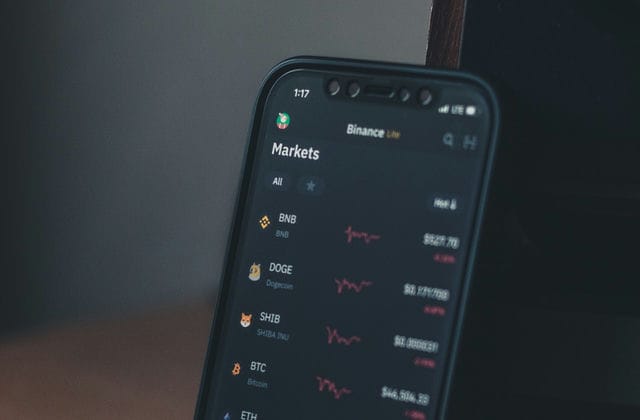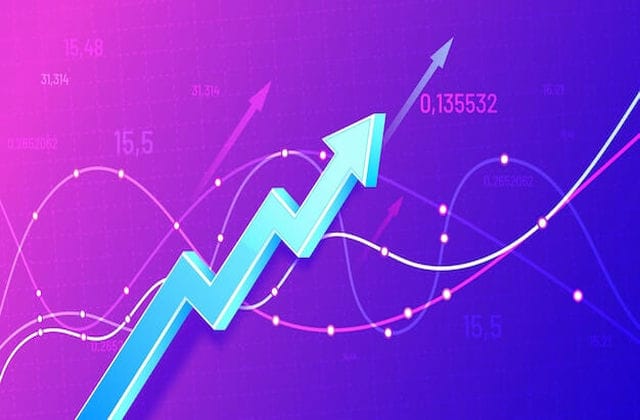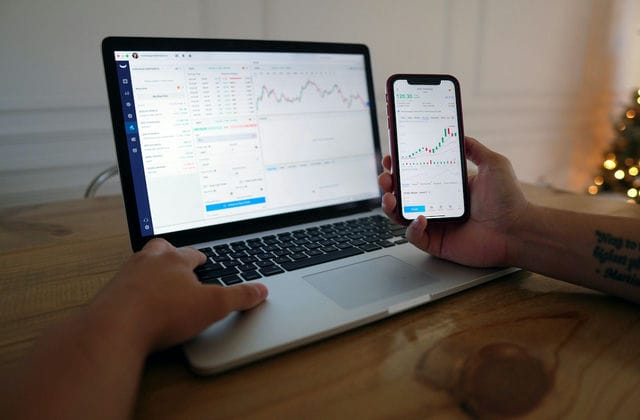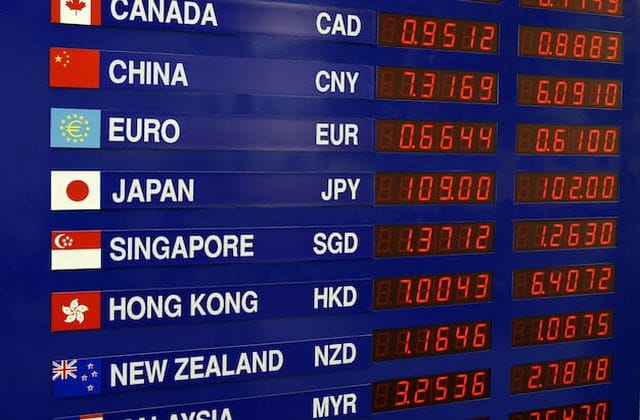Soros believes that the model of perfectly free competition established by classical economic theorists, in which the unbridled pursuit of self-interest under certain conditions will lead to an optimal allocation of resources, leads to equilibrium. This equilibrium, however, not only does not occur in real life, but is an even more unlikely occurrence in financial markets where prices are highly volatile. He argues that supply and demand are not only influenced by objective factors but, more importantly, reflect the expectations of market participants about market behavior, which are determined by these expectations. The role of expectations therefore plays a pivotal role in the development of supply and demand.

According to Soros' concept of investment, people do not have complete knowledge of their own environment, so they make buying and selling decisions based on expectations, which have an impact on market prices, while this market behavior in turn influences the expectations of other participants in the period. Not only does the surge in price attract a large number of buyers, but the act of buying itself has the effect of driving the price onwards. A self-propelling trend is created. Thus, Soros argues that it is the interaction between supply and demand and market expectations that makes market behavior an indeterminate driver of future movements. That is, market movements manipulate the development of demand and supply relations.
In fact Soros' behavior in the financial markets was more speculative, seeking investment opportunities in exaggerated market expectations. On the surface, the intrinsic laws of price changes are downplayed in favor of the influence of participants' expectations on price changes. Yet it is through the correction of deviations between market expectations and the intrinsic laws of operation that he aims to invest profitably.

In contrast to financial markets, in agricultural markets, the laws of seasonal supply and demand are more pronounced and dominant. The buying and selling behavior generated by market expectations can manipulate supply and demand in the short term, but cannot have a sustainable impact. Exaggerated expectations are not a true reflection of supply and demand and can lead to dramatic price fluctuations due to the poor value retention of agricultural commodities, which is why the exaggerated nature of expectations is particularly pronounced in the agricultural futures market, where corrections are frequent and warrant the attention of participants.


